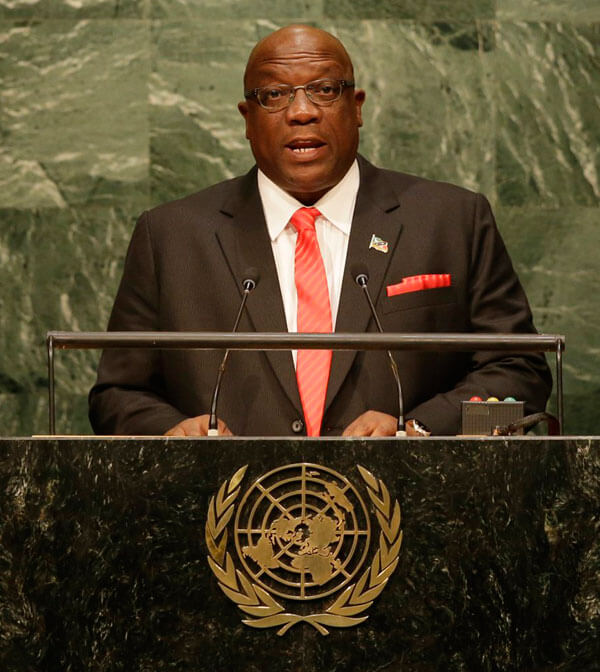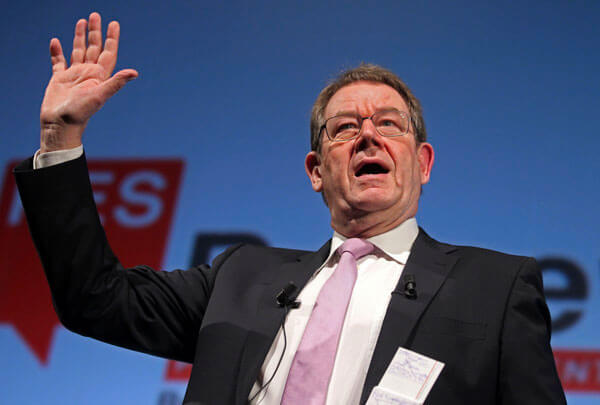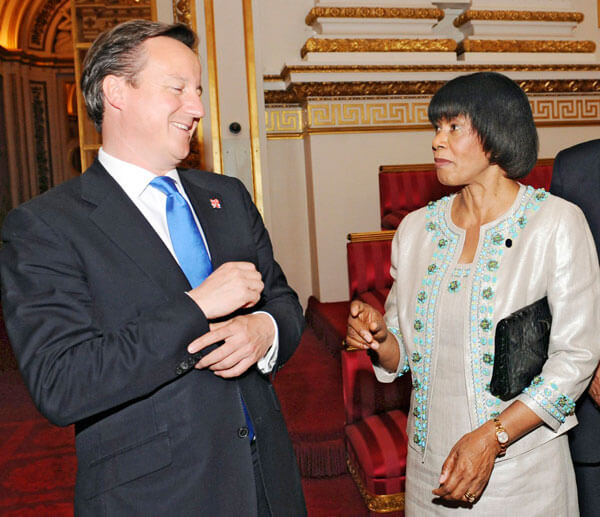The man leading the fight by Caribbean governments to make Britain and other European slave owning nations pay for enslaving Africans in the region was earlier this month allowed to take the region’s case for reparations to the same British Parliament which had legalized the slave trade, calling on today’s members to right a cruel wrong that was meted out to Caribbean people by their predecessors.
Sir Hilary Beckles, the principal of the umbrella University of the West Indies and chairman of the regional committee preparing the case, lambasted his audience, peppering his presentation with many examples of injustice, cruelty and double standards arguing that the negative effects of slavery manifests itself in various forms today including chronic cases of diabetes and hypertension suffered by hundreds of thousands of people of Caribbean origin.
He said that slavery was so cruel that there were a mere 800,000 of us left when the trade was abolished in 1833 despite the fact that British and other European ships had transported a whooping 5.5 million from Africa’s famous West Coast to the Caribbean, a retention rate of only 15 percent.
He contended that poor diet on plantations during the period has so badly affected the gene pool and DNA of people alive today that his own native Barbados, for example, is now referred to as the amputee capital of the world.
“It is here that the stress profile of slavery and racial apartheid, dietary disaster and psychological trauma and the addiction to the consumption of sugar and salt, have reached the highest peak. The country is now host to the world’s most virulent diabetes and hypertension epidemic,” he said.
Turning his focus to British MP’s, Beckles said it follows that the same assembly should waste no time in backing the fight to win reparations, saying it is basically the only choice it has left.
“It is here, in this house, that the evil system of slavery, and genocide, were established. This house passed laws, framed fiscal policies and enforced the crimes that have produced harmful legacies and persistent suffering now in need of repair. This house also made emancipation from slavery and independence from colonialism an empowering reality. It is in here, we now imagine, that laws for reparatory justice can be conceptualized and implemented. It is in here, we believe, that the terrible wrongs of the past can be corrected and humanity finally and truthfully liberated from the shame and guilt that have followed these historical crimes.”
It is unclear whether an effort will be made by governments for Beckles to take the region’s case to other parliaments but it is known that letters of demand are likely to be served on European governments in the coming months as the region steps up pressure for reparations.
Governments, a year ago, decided to back decades of struggles by civil society and the Rastafarian Movement for reparations and have set up a multi-nation committee to fight the case.
As if to make legislators feel guilty about Britain’s role in the slave trade, Beckles unleashed figures showing that the very parliament had approved Sterling 20M in grants to slave owners as “fair compensation for the loss of their human chattel.” Slaves and their descendants have received no payment for centuries of free labor on plantations.
Additionally, he said Blacks were treated as property hence the move to pay slave owners and planters. He said Britain has also concealed crucial information about emancipation for the public over the decades.
“What this parliament has hid from the world is that it also determined that the remaining £27 million would be paid by the enslaved people to their enslavers, by means of a four-year period of free labor called the apprenticeship. This period of additional free labor by the emancipated represented the enforced extraction of £27 million by the state. It was a cruel and shameful method of legislating emancipation by forcing the enslaved to pay more than 50 percent of the financial cost of their own freedom. The £20 million paid to the enslavers by this parliament was less than the £27 million paid by the enslaved to the enslavers as dictated by this house,” he said.


























